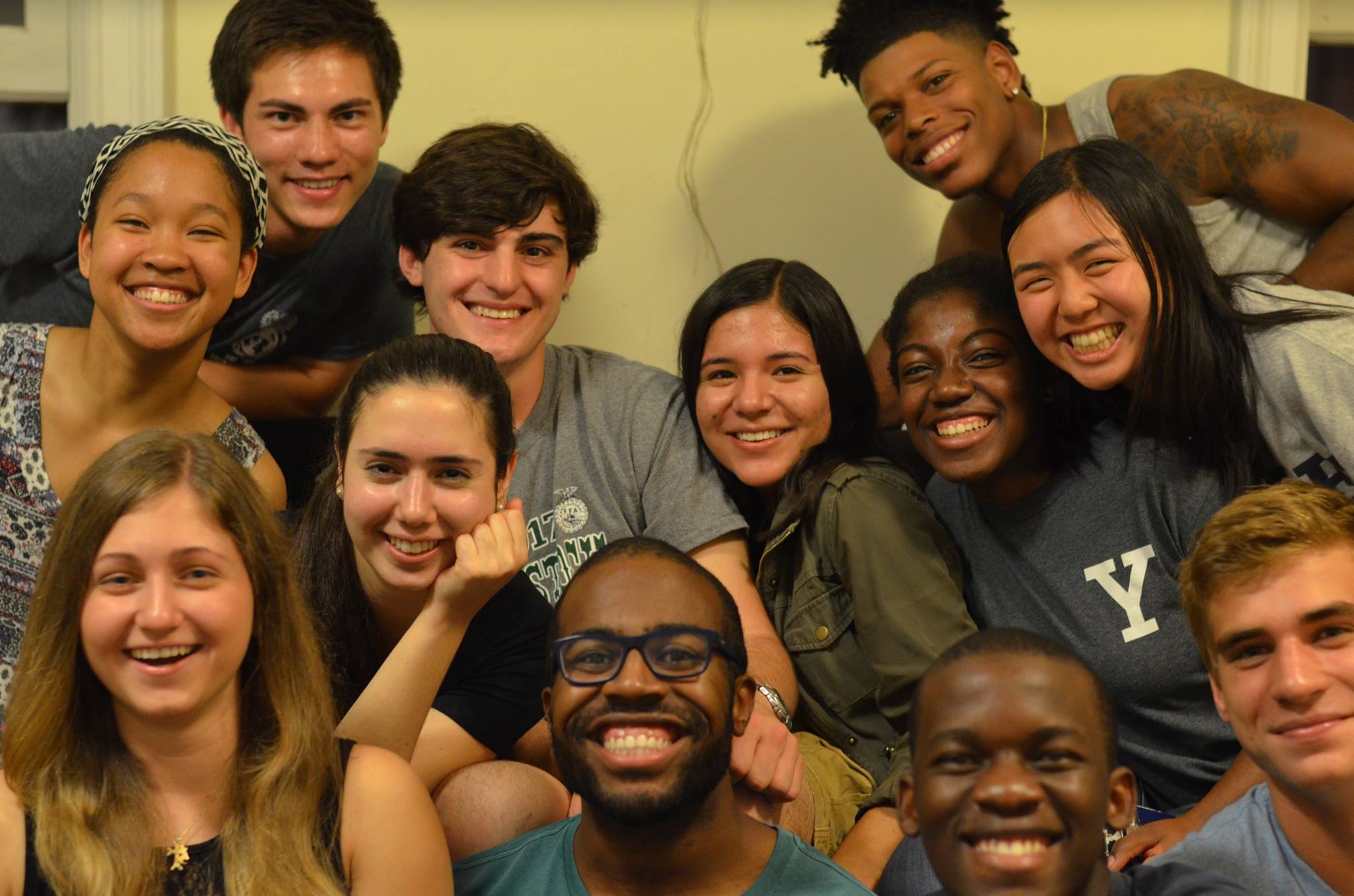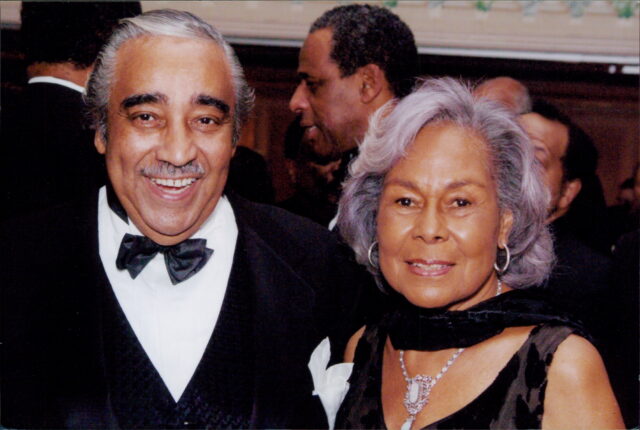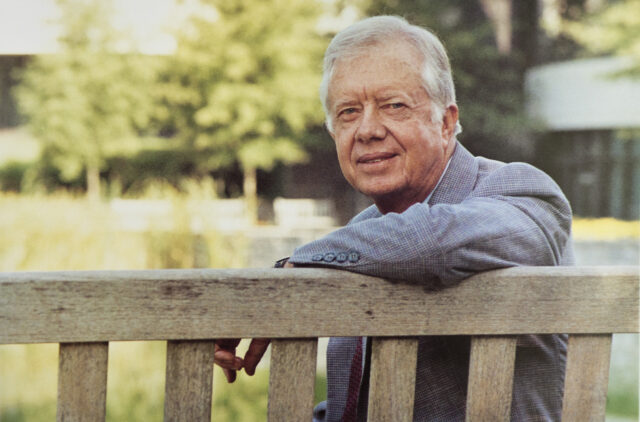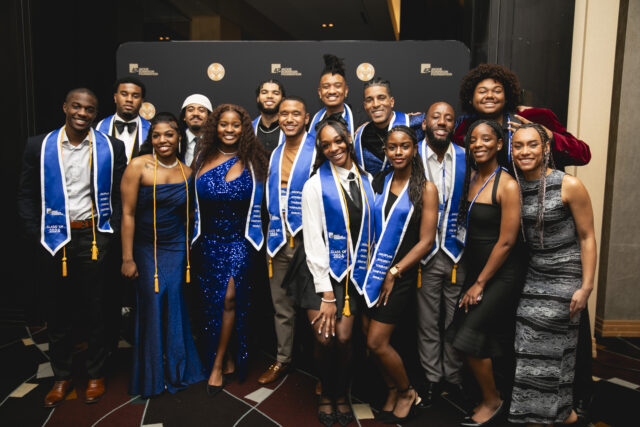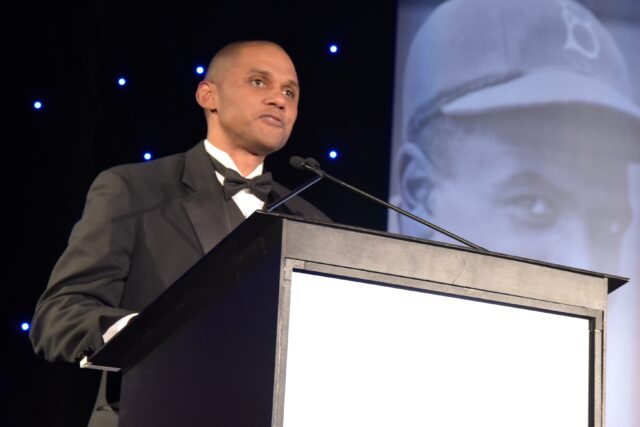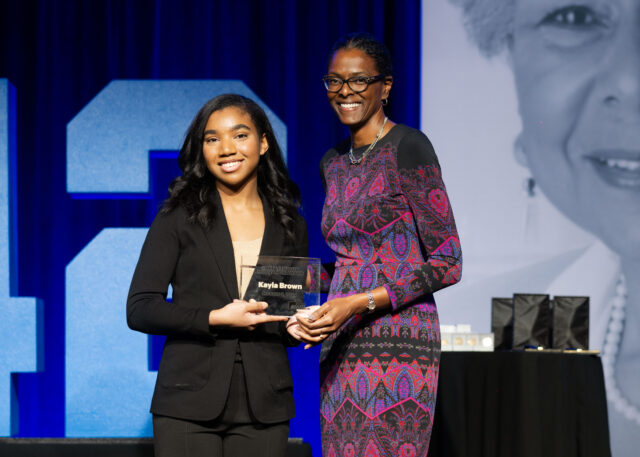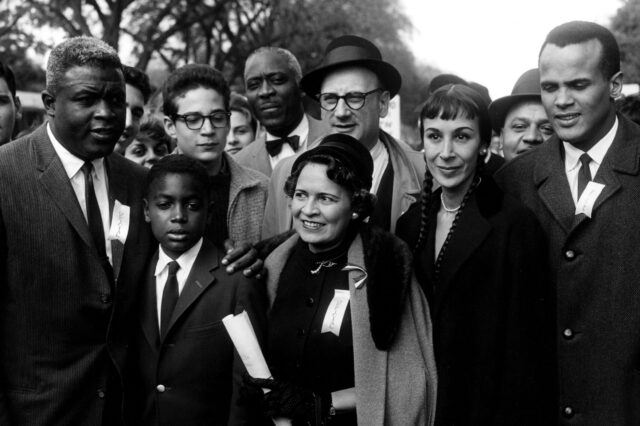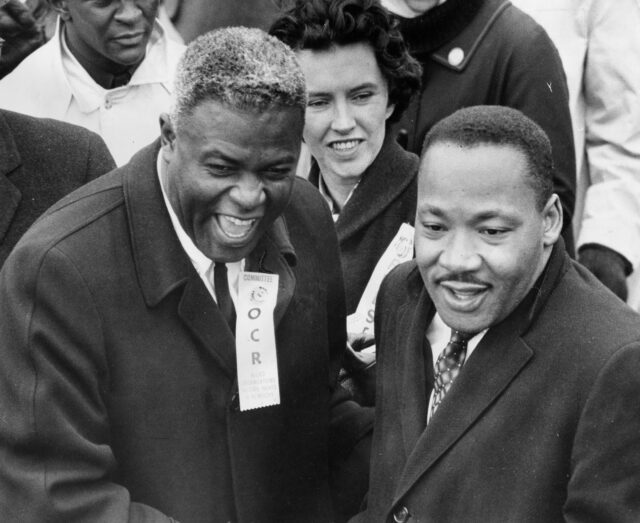Even before the school year started, people wanted to know if I actually felt like a senior at Yale. Many still wonder, and when they ask, I respond affirmatively without hesitation. Our first-years look like babies, my older friends have graduated, and I confuse events from the 2014-15 academic year with events from 2015-16 all the time. I could go on, but you all deserve a more positive conception of what senior status means to me.
I believe that confidence sets seniors apart from underclassmen, and for the first time, I feel completely secure in my identity as a student. But how did I get here?
Arguably, my first semester at Yale featured more academic experimentation than all four of my high school years, combined. Thankfully, Dr. Westina Matthews’ “Study Skills, Note Taking, and Test Taking” session at the 2015 Jackie Robinson Foundation Mentoring and Leadership Conference likely altered my academic trajectory altogether. Ironically, I only remember one sentence from the entire presentation: “Highlighting creates the illusion of competence.” Out of embarrassment, I chuckled when she said that, because I highlighted all the time, even when I never had the intention of revisiting the text.
Even with Dr. Matthews’ advice, I didn’t become a new student overnight. Through more experimentation and reflection over the following year, I tried margin notes, index cards, and Post-Its, only to slight avail. I think everything clicked in Fall 2016, when I started taking notes in a way that eliminated reliance on a book itself. I started handwriting main themes, definitions, personal reflections, and most importantly, questions in the notebooks I used during class.
I managed to make Spring 2017 even better. After ambitiously enrolling in six courses, I earned an A in the four and passed the two that I took as Pass/Fail! Though my first college 4.0 surprised me, I should have seen it coming. In each classroom, I combined my effective notetaking with a new emphasis on making my presence known, most commonly with attendance. On the last day of The New Europe, my professor (coincidentally named David Cameron) remarked upon the reasons why he enjoyed the course. In a lecture hall that seats hundreds, Professor Cameron looked into my eyes as he emphatically thanked the students who came every day.
In another class, I used email, despite never expecting my message to influence my grade. After the final lecture of The Long Civil Rights Movement, I wrote an email to my professor and expressed gratitude for her course’s existence by explaining how I left the first meeting of a public policy course in disgust, ran across campus, and barely arrived to her lecture on time. I don’t know whether she remembers introducing herself and asking me where I’m from (as I struggled to catch my breath), but she certainly remembered that I sat at the front and center of the room for the following thirteen weeks.
This fall and next spring, I have two more chances to do it all over again. But let me be clear; falling short of a 4.0 won’t disappoint me, because there’s more to college than grades. Still, I want to try again because I know how to do it! The fact that I have five courses this fall—a more common Yale workload—helps as well. I also have an attainable goal guiding me. If I receive an A or A- in five more Political Science courses, then I will graduate with distinction in the major. You won’t need three guesses if I ask you where I’ll be sitting as I try to earn each one.
Written by: Jeffrey Hendricks
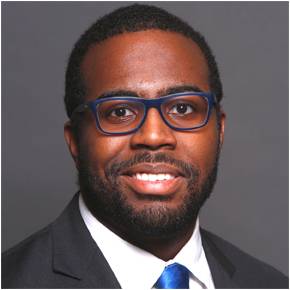 Jeffrey Hendricks is a senior from Detroit, Michigan, majoring in Political Science at Yale University. Before his first paid work in politics this past summer, he taught math to middle schoolers. In his free time, he keeps up with a lot of TV shows, but more notably sports, as a devout fan of the Yale Bulldogs, Michigan State Spartans, and the Detroit Tigers, Red Wings, Lions, and Pistons. The former violinist still loves classical music, but also frequently indulges in smooth jazz and alternative pop/rock.
Jeffrey Hendricks is a senior from Detroit, Michigan, majoring in Political Science at Yale University. Before his first paid work in politics this past summer, he taught math to middle schoolers. In his free time, he keeps up with a lot of TV shows, but more notably sports, as a devout fan of the Yale Bulldogs, Michigan State Spartans, and the Detroit Tigers, Red Wings, Lions, and Pistons. The former violinist still loves classical music, but also frequently indulges in smooth jazz and alternative pop/rock.
